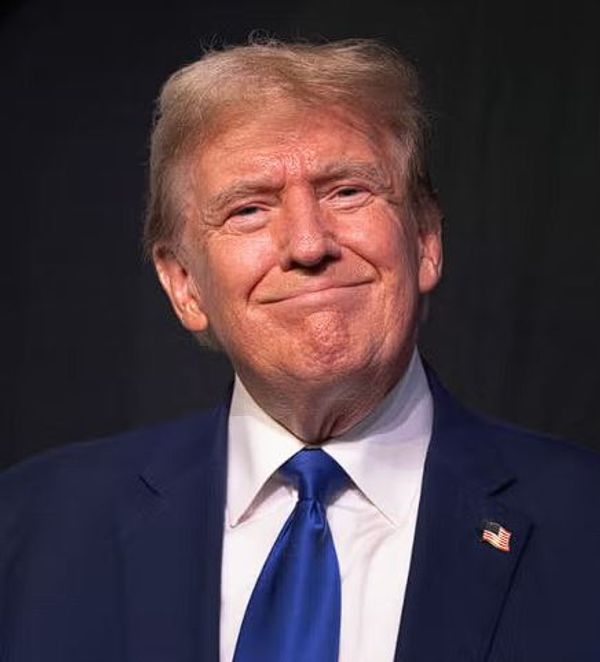The recent election has sparked widespread discussions about the direction of our country. On November 5, 2024, the United States faced a pivotal decision that has taken us into uncharted territory.
We had the opportunity to break new ground by electing a Black woman of South Asian descent as our nation’s leader. However, the outcome led to the selection of an older white man with a significant criminal history, boasting 34 felony convictions. This raises important questions about the message we are sending about leadership in America.
What does it say about our nation when the highest office is occupied by someone with such a troubled past? It is difficult to comprehend that voters were willing to overlook serious legal issues in favor of other policy agendas.

The ease with which criminal convictions, including felonies, were brushed aside during this election reveals a disturbing trend in our political climate. It suggests that some voters prioritize policy objectives over the moral and legal complexities associated with a candidate’s record.
In the early hours of Wednesday morning, it was announced that former President Donald Trump was re-elected to the office, surpassing the threshold of 270 electoral votes by winning the pivotal battleground state of Wisconsin. Meanwhile, Vice President Harris secured 224 electoral votes.
This event marks an unsettling benchmark by electing an individual with a criminal history, suggesting that such records may no longer be automatic barriers to public service. This precedent raises concerns about potential future scenarios. Think back to 2008 when Alaska Senator Ted Stevens faced his own legal troubles, including seven felony convictions. Despite this, he remained in office for some time before eventually losing his re-election bid.
We are now witnessing potentially more significant implications with the 2024 election. If a candidate can ascend to the presidency despite 34 felony charges, it begs the question of whether we could soon see local mayors or governors with similar records.
Is this truly the direction we desire for our country’s governance?
The election of Donald Trump, regardless of his legal status, exposes substantial divisions in perspectives on leadership and accountability across America. For many voters, policy considerations outweighed criminal charges. Others viewed his trials as politically motivated rather than genuine misconduct, driven by skepticism towards governmental systems.
Regardless of the reasons behind this decision, it forces us to contemplate the virtues we attribute to our leaders. It leaves us pondering the long-term implications for our nation’s character and prestige on the global stage.
While the die has been cast, we can only wait to see the eventual meaning of this choice. Time will reveal the impact of our decision, whether it represents a bold step into future possibilities or a lapse that reshapes America’s leadership ethos.
Further Reflections
As we pause to reflect, it is crucial to continue engaging in conversations about the true meaning of leadership and the qualities that truly matter. By discussing our values, we can pave the way for more thoughtful decision-making processes in the future.



